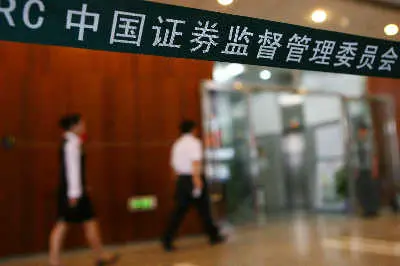The competition between China’s biggest tech companies is set to move to a higher gear, after Alibaba Group confirmed it was working on autonomous vehicles, days after Tencent made a similar announcement.
Alibaba revealed on Tuesday it had been developing self-driving vehicle technology, conducting regular road tests and has the capability to conduct trials on open roads. The company told China Daily it was making “rapid progress.”
The e-commerce giant was perhaps forced into making the announcement to avoid a loss of face to its rival Tencent, which unveiled a self-driving car research and development deal with Chinese automaker FAW Group on Sunday.
Unverified reports last November had already suggested Tencent was working on autonomous cars, and the company released footage of a self-driving car on a Beijing highway earlier this month.
Both companies are in a domestic troika race alongside Baidu, which has been openly developing its Apollo autonomous technology since 2015. The company received a license to begin test-driving its vehicles on Beijing roads in March, and carried out a 5G trial of its autonomous driving technology in Xiongan New Area.
November 16, 2017: Driverless car Apollo at the annual Baidu World Technology Conference in Beijing.
The three companies – particularly Tencent and Alibaba – have frequently clashed with each other in order to gain partners and invest in upcoming companies in a bid to gain a foothold in the latest technology.
While the autonomous vehicle race is just around the corner, it was the competition on two wheels that really brought the tech giants’ rivalry to attention. When bike sharing expanded rapidly across Chinese cities in 2016, Tencent and Alibaba poured billions of yuan into backing the two front-runners, ofo and Mobike.
The "Tencent-Alibaba" race has seen the two tech giants play out proxy wars in sectors like bike sharing, food delivery and taxi hailing.
While that competition has led to a series of problems, it has also seen Chinese technology promoted around the world, with dockless bike sharing now available in many cities worldwide.
Baidu, Alibaba and Tencent are also keen on moving into the fintech sector, with the three tech titans again backing rival Chinese startups and entering partnerships with big names in the insurance sector.
The increasingly intense competition to release the first self-driving car in China is good news for consumers keen to get their hands on the technology, but there are concerns that safety could be compromised.
Despite fatalities in the US as a result of self-driving trials by Uber and Tesla, Chinese authorities will allow autonomous vehicle testing in every Chinese city and province from May 1. The government has set an ambitious target of making 50 percent of all road vehicles “intelligent” by 2020 – meaning they can partially or completely drive themselves.
(CGTN)
 简体中文
简体中文

